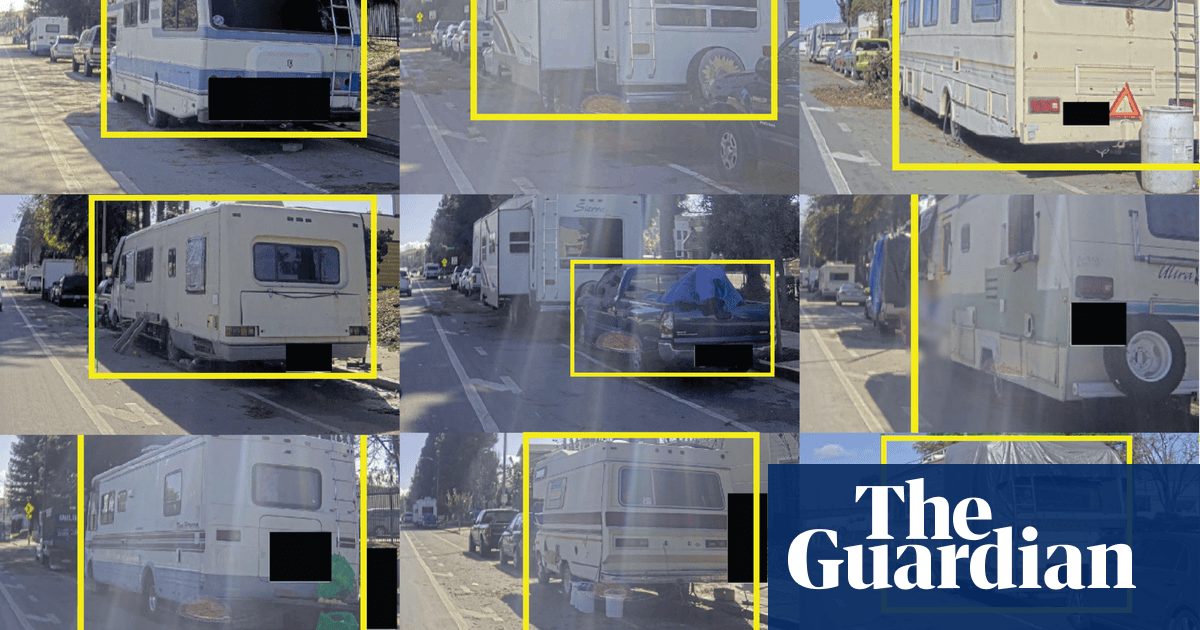- cross-posted to:
- latestagecapitalism@lemmy.world
- cross-posted to:
- latestagecapitalism@lemmy.world
Last July, San Jose issued an open invitation to technology companies to mount cameras on a municipal vehicle that began periodically driving through the city’s district 10 in December, collecting footage of the streets and public spaces. The images are fed into computer vision software and used to train the companies’ algorithms to detect the unwanted objects, according to interviews and documents the Guardian obtained through public records requests.



How long has this been a law? The last time I went to NY I saw plenty of people sleeping in Penn Station.
Since 1981:
https://www.cityandstateny.com/policy/2021/10/how-nycs-right-shelter-mandate-works/185933/
And why would you think people wouldn’t be able to sleep in a train station? It’s just like an airport.
At least one person I saw was in the stairwells on the way from a waiting area down to a train platform. I don’t think passengers would want to sleep in the corridor between the gate and the plane at an airport, but you’re right, perhaps it is only the locked door that is holding them back.
Now I am kinda curious why they were staying there if they were supposed to be guaranteed shelter. I wouldn’t be surprised if the state failed to house them despite the law and that was the warmest place they could find or if the offered accommodations were unfit or dangerous.
You are just guessing. Look into it more. They are put up in places that are pretty decent for homeless shelters. They’re usually cheap hotels, so you get your own room but no kitchen. It’s not somewhere you want to live, but it’s 100x better than a train station.
Most homeless people are fine in them, but they have security watching the door so you can’t have a party, you can’t have pets, and you can’t have drugs. Maybe you can’t smoke. Some people don’t want to live under those conditions. Other people have mental illness and don’t want to be in any shelter.